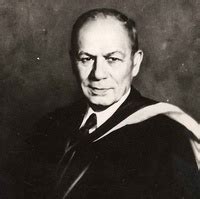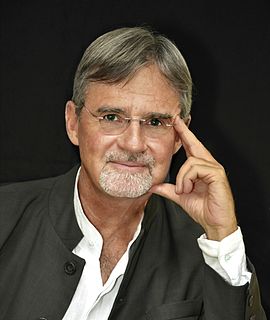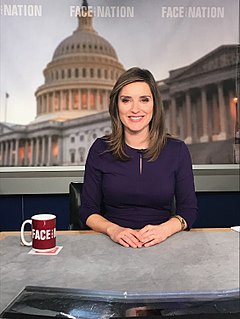A Quote by Nora Fatehi
I really wanted to take 'Dilbar' to Africa and the Middle East in Arabic because it was also a perfect way to launch myself.
Related Quotes
During all the first part of the Middle Ages, no other people made as important a contribution to human progress as did the Arabs, if we take this term to mean all those whose mother-tongue was Arabic, and not merely those living in the Arabian peninsula. For centuries, Arabic was the language of learning, culture and intellectual progress for the whole of the civilized world with the exception of the Far East. From the IXth to the XIIth century there were more philosophical, medical, historical, religiuos, astronomical and geographical works written in Arabic than in any other human tongue.
I thanked the President [George W. Bush] for the steadfastness and resolve with which he's tackling the very complicated problems in the Middle East and Iraq, as well as the Israel-Palestinian issue.... It's critical for us in Southeast Asia that America does that.... because it affects America's standing in Asia and the world, and also the security environment in Asia because extremists, the jihadists, watch carefully what's happening in the Middle East and take heart, or lose heart, depending on what's happening.
I believe that the Iraqis have an opportunity now, without Saddam Hussein there, to build the first multiconfessional Arab democracy in the Middle East. And that will make for a different kind of Middle East. And these things take time. History has a long arc, not a short one. And there are going to be ups and downs, and it is going to take patience by the United States and by Iraq's neighbors to help the Iraqis to do that. But if they succeed, it'll transform the Middle East, and that's worth doing.
It was time to expect more of myself. Yet as I thought about happiness, I kept running up against paradoxes. I wanted to change myself but accept myself. I wanted to take myself less seriously -- and also more seriously. I wanted to use my time well, but I also wanted to wander, to play, to read at whim. I wanted to think about myself so I could forget myself. I was always on the edge of agitation; I wanted to let go of envy and anxiety about the future, yet keep my energy and ambition.
We [ with Russel Crowe] had an Arabic coach there [ in the Body of Lies] that was really helpful, because it was more so than any accent. You have to be so exact, and there's different dialects of Arabic from country to country so it was really, really difficult to tell you the truth. And one of the hardest things I've ever had to do language-wise, because it comes from the throat. It's different. And also learning about the customs and the culture and all that, so we had advisors for that sort of thing.






































